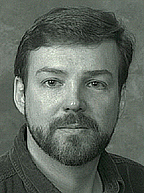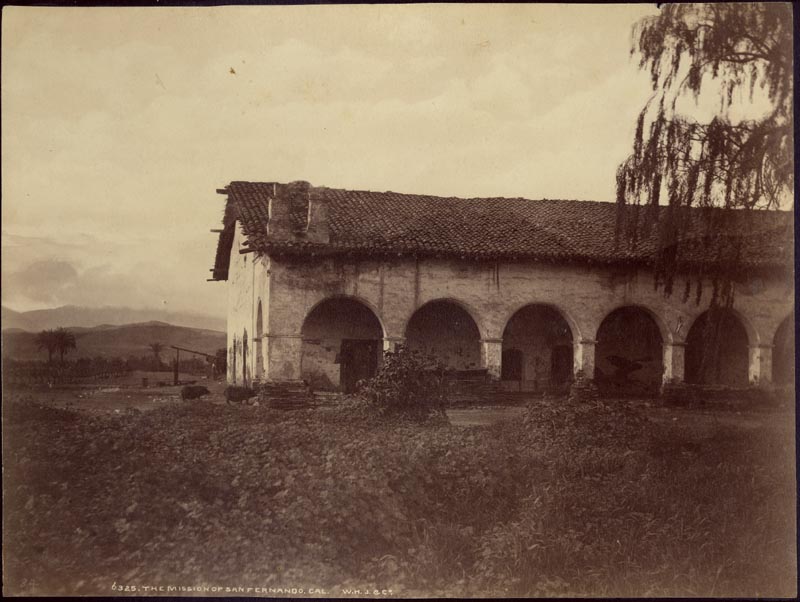|
||||||||||||||||||||||||||||||||||||||||
|
One of America's most famous avant-garde poets, William Carlos Williams came to California in 1950 accompanied by his wife, Flossie. In the company of a friend, they visited the San Fernando Mission. One day she took us for a drive to the San Fernando Mission. Hum, hum, hum, hum, hum, hum, hum! And told us of the night twenty years before when the place was still a ruin, before its restoration as a girls' school, that she and Ramon Navarro had visited it by moonlight—he had his guitar along. The place was guarded by barbed-wire fences.William Carlos Williams sought to express the extraordinary possibilities in everyday life, perhaps one of the reasons he seemed less interested in the romantic imagery of California's mission era and more interested in California's potential to reject "worn out Europe" and to "embrace the new" possibilities offered by Asia. |
|||||||||||||||||||||||||||||||||||||||
|
© 2000-2013 California Legacy Project, Santa Clara University English Department, Santa Clara University, 500 El Camino Real, Santa Clara, CA 95053.
For more information: Terry Beers, 408 554 4335, or . 



|
|

|








